Artificial Intelligence is anything where the machine shows human-style thoughts and reasoning.

New AI chips are being introduced into the latest smartphones, and they put the power of neural networks in the palm of your hand. With cool names like ‘Bionic Chip’ for iPhone and ‘Neural Processing Unit’ for Huawei’s phone, it comes with a big question that what do these AI chips actually do?
The scope of the term AI or Artificial Intelligence tends to shift and evolve over time. In simple words, Artificial Intelligence is anything where the machine shows human-style thoughts and reasoning.
With major companies adopting the AI hardware trend, one clear advantage of AI chips is that they allow processing to be done onboard the device, lowering the response time and offloading compute to the cloud. They also allow processing to be more efficient, reducing power consumption and increasing battery life.
Another crucial benefit of using AI hardware is that it offers data privacy and security. It allows owners to have complete control over their information by preventing personal data to run over the Internet for processing in the Cloud.
Qualcomm has been a leading name in offering AI-based chips to smartphone devices to provide the best insights into the future. The Qualcomm Neural Processing SDK is engineered to allow developers to run one or more neural network models trained in Caffe/Caffe2, ONNX, or TensorFlow on Snapdragon mobile platforms.
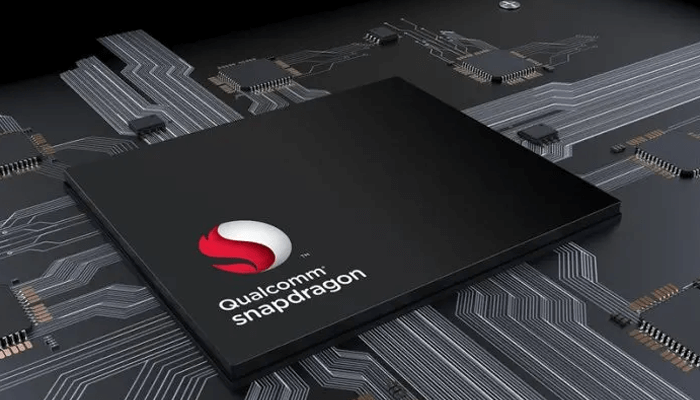
The Qualcomm Snapdragon 854 mobile platform takes AI-powered smartphones to a whole different level. The Qualcomm AI Engine makes on-device AI experiences in various spaces such as extended battery life, camera, audio, security, and gaming.
Lately, the company has also announced Snapdragon 855, its next-generation processor, at Snapdragon Tech Summit.
Like Google, Apple has staked much of its power in pushing Artificial Intelligence to its devices. While the company introduced its first virtual personal assistant, Siri, in 2011, Apple has now brought chips such as A12 Bionic, which is the first 7nm smartphone chip, containing 6.9bn transistors.
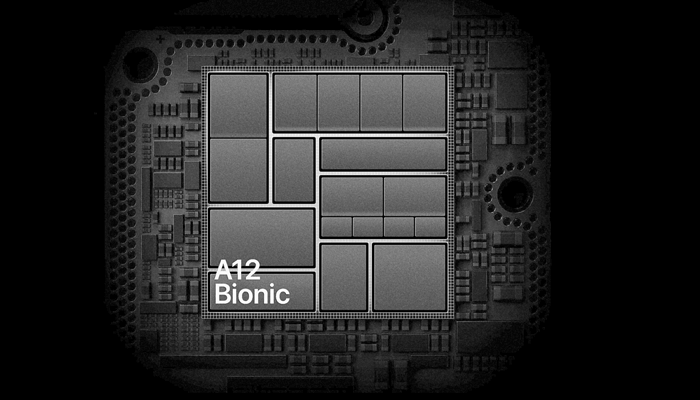
The A12 Bionic has the same six-core fusion CPU architecture of its precursor, A11 Bionic, but boasts a neutral engine and a GPU, with two performance cores that are up to 15 percent faster and four efficiency cores that are 50 percent more efficient than the former.
The AI dedicated processor is designed to pace up the iPhone’s capabilities for facial identification system Face ID, ARKit and other machine learning tasks.
The AI chips by Apple highlights the graphics processing unit and a Neural Engine. The A12 Neural Engine embraces an eight-core design, which makes it run up to five trillion operations per second, in contrast to A11 Bionic’s 600 billion.
Apple is boasting A12 as the “smartest and the most powerful chip ever in a smartphone.”
Chinese smartphone maker, Huawei unveiled two new artificial intelligence chips called the Ascend 910 and Ascend 310 at the Huawei Connect conference in Shanghai, China. Both of the chips are built on Huawei’s homegrown Da Vinci architecture, which promotes expandable memory, computes and on-chip interconnection.
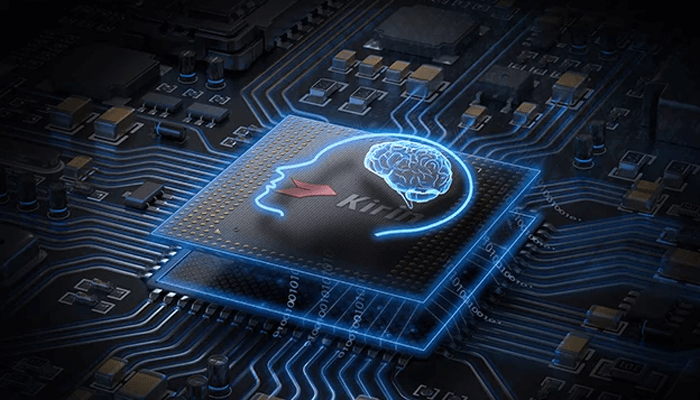
Huawei used the two chipsets to pit it against major silicon valley players including Qualcomm and Nvidia, as it laid out a strategy with the hopes of driving growth in the next few years.
Boasted as the single chip with the greatest computing conclusion, Ascend 910 hands over the performance of up to 256 teraFLOPS under FP16 and 512 teraOPS under IN8 with a power consumption of 350W. Comparably, Nvidia’s most influential GPU Tesla V100 delivers up to 125 teraFlops with the maximum power consumption of 300W.
Whereas, Ascend 310 is an efficient 12nm SoC engineered for low powered computing, consuming the power of around 8W and a performance of 8 teraFLOPS under FP16.
The company is competing directly with giants like Nvidia, Intel and Qualcomm, and even Google and Chinese tech giant Alibaba.
Quite a new name in the list, the Taiwanese AI chipmaker is working massively towards bringing unique and new AI capabilities in smartphones. Its Helio P90 chipset, which offers great speed was launched at an event in Beijing, China on December 13.
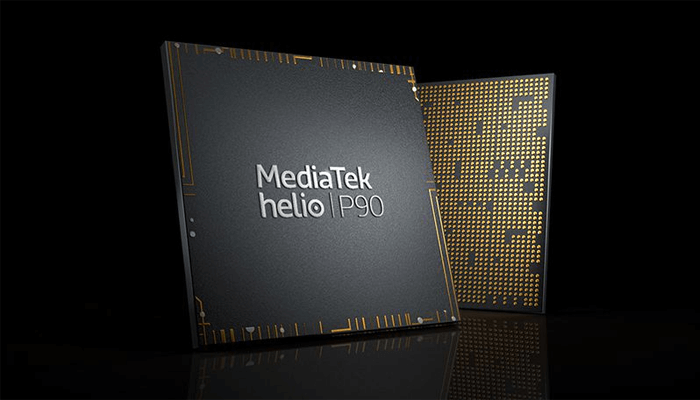
Built using the 12-nanometer processor, the P90 uses APU 2.0 AI architecture, encouraging a new level of AI experiences that are 4 times more powerful than anything the company has made before.
Specifically, it is an octa-core chip with two Arm A75s performing at up to 2.2GHz and six A55s at 2.0Ghz. Also an alternative to Qualcomm’s Snapdragon 855, Helio P90 focuses on biometric face recognition, digital noise reduction in photos and real-time photo-video effects as well as improved environment recognition with exposure control.
In addition to MediaTek’s NeuroPilot SDK and Android’s built-in NN APIs, smartphone makers using the Helio P90 will be able to run TensorFlow, TensorFlow Lite, Caffe and Caffe2.
The latest to introduce the next-gen mobile system-on-chip is the Korean hardware giant, Samsung.
The Exynos 9820 processor comprises a dedicated AI engine, faster connectivity, and a 20 percent performance boost over its previous flagships. While the Exynos 9810 is partially optimized to work on Artificial Intelligence and machine learning tasks, the new chip has a separate dedicated component for the job.
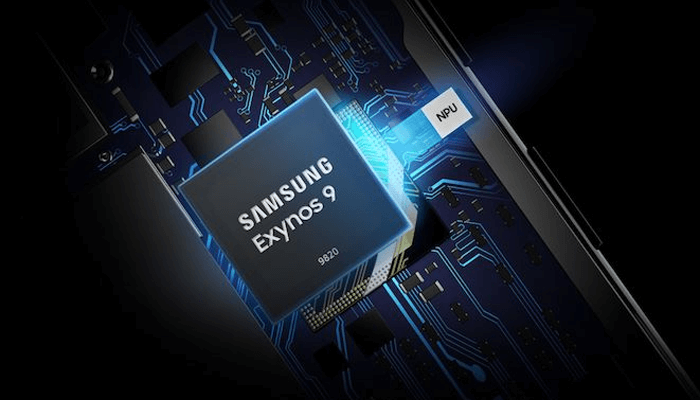
Exynos 9820 brings with it a 15 percent performance improvement, and a 40 percent increase in power efficiency over the last generation chip. Apart from delivering performance, Exynos 9820 will induce the ability to shoot 8K videos to its devices.
Samsung Galaxy S10, S10 Plus, and Galaxy Note 10 are expected to use the processing feature.
As the role of Artificial Intelligence in the handsets grows, all smartphones are expected to inevitably come with the dedicated AI Chips in the future. Currently, these chips are only being used for only a small subsection of tasks, but their importance is going to grow immensely.
For more information on Artificial Intelligence and chip making, you can comment below and we at ‘MobileAppDaily,’ will try to assist you with the same.

She is a content marketer and has more than five years of experience in IoT, blockchain, Web, and mobile development. In all these years, she closely followed the app development, and now she writes about the existing and the upcoming mobile app technologies. Her essence is more like a ballet dancer.


Cut to the chase content that’s credible, insightful & actionable.
Get the latest mashup of the App Industry Exclusively Inboxed